G7 nations in dispute with Russia on gas payments
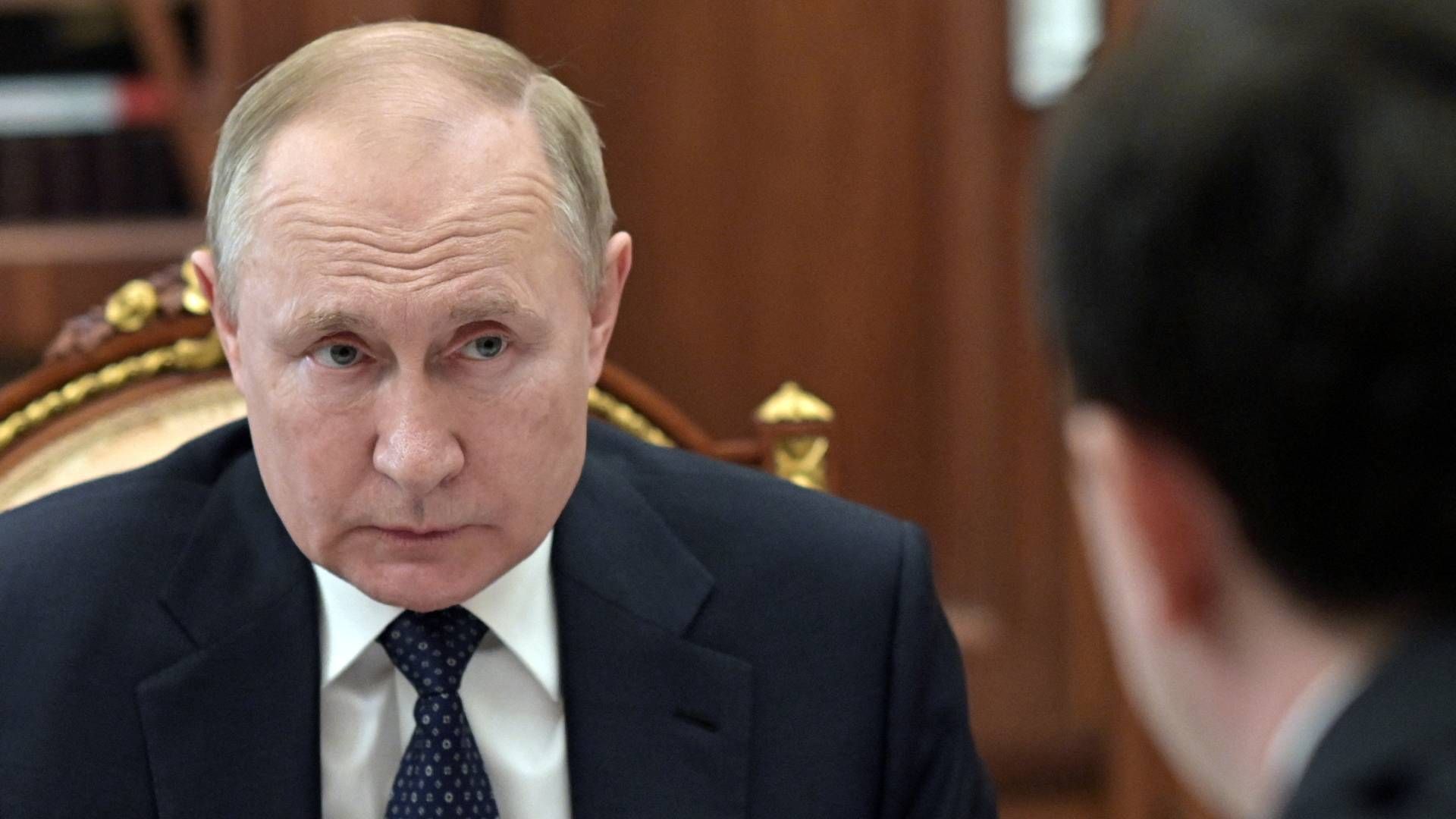
The Russian invasion of Ukraine has made energy supply a central element in the dispute between the West and Russia, given that imports of Russian gas account for a large part of the natural gas supply to European nations.
Last week, Russian President Vladimir Putin stipulated that Russia would only sell gas to EU nations, the US, the UK, Canada, Norway, Singapore, South Korea, Switzerland and Ukraine if they paid in in rubles.
On Monday, the G7 nations agreed to reject this practice. G7 consists of Germany, Italy, France Japan, the UK, the US and Canada.
The response from Russia was swift:
”But, definitely, we are not going to make a charity out of it and to send gas free of charge to Western Europe,” says Dmitry Peskov in an interview with US media PBS.
”No payment, no gas,” he says without responding what might happen now that the G7 nations have rejected Russians’ demand for payment in rubles.
Today, 41 percent of the gas to EU nations comes from Russia.
Putin wants to sell gas priced in rubles
Ruble-for-gas announcement creates uncertainty for Ørsted’s gas contract
Oil climbs despite peace negotiations

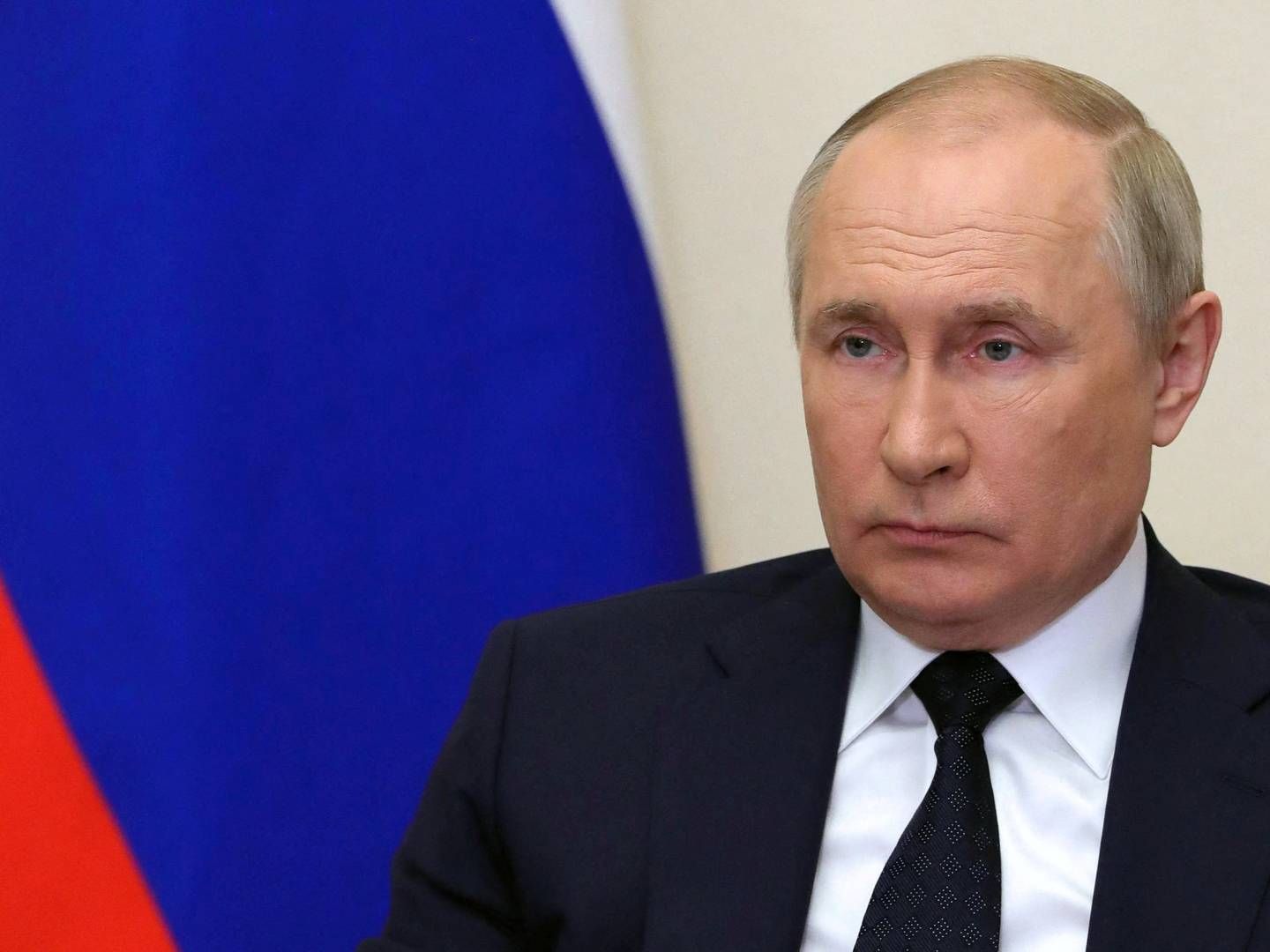
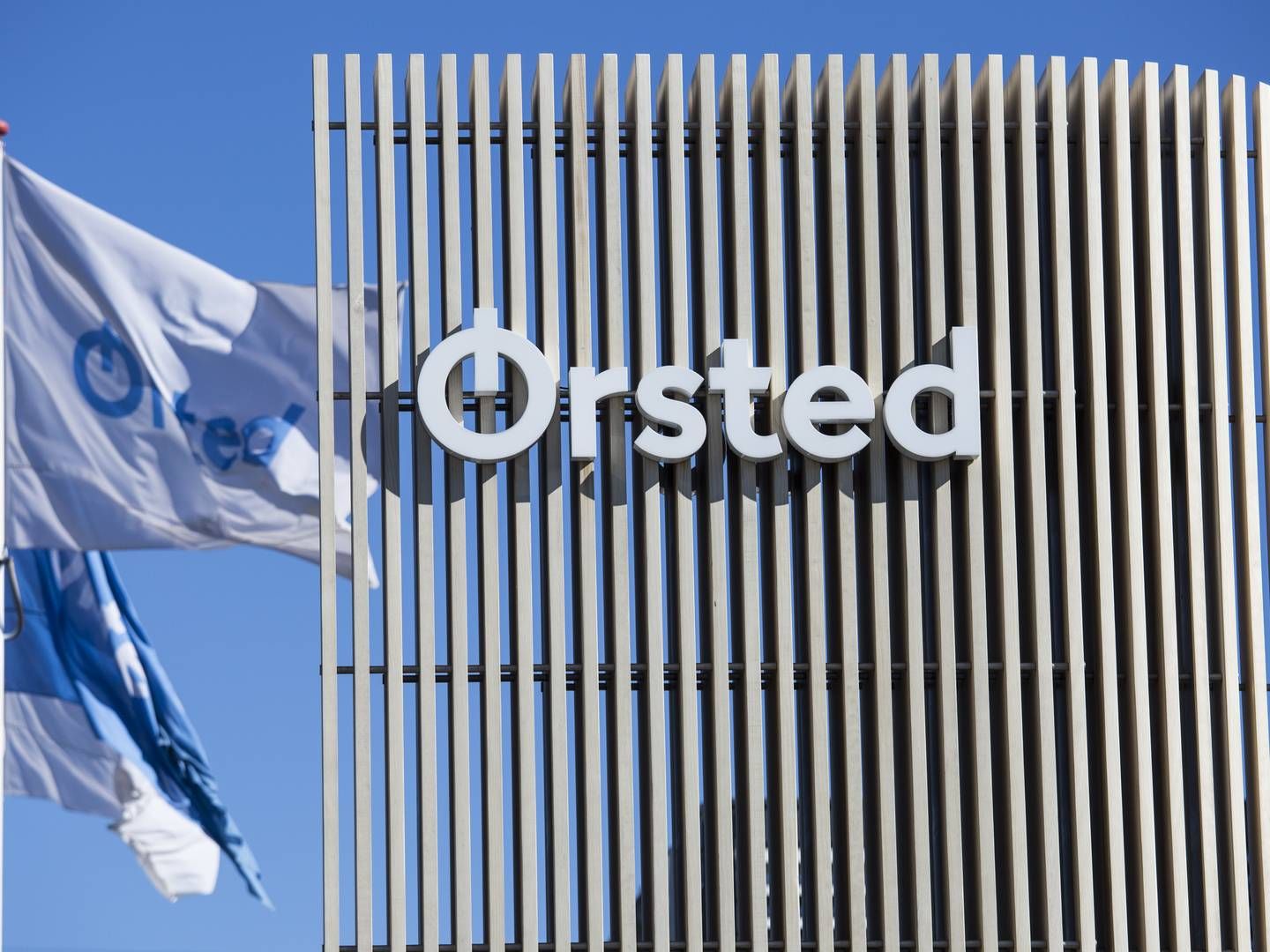
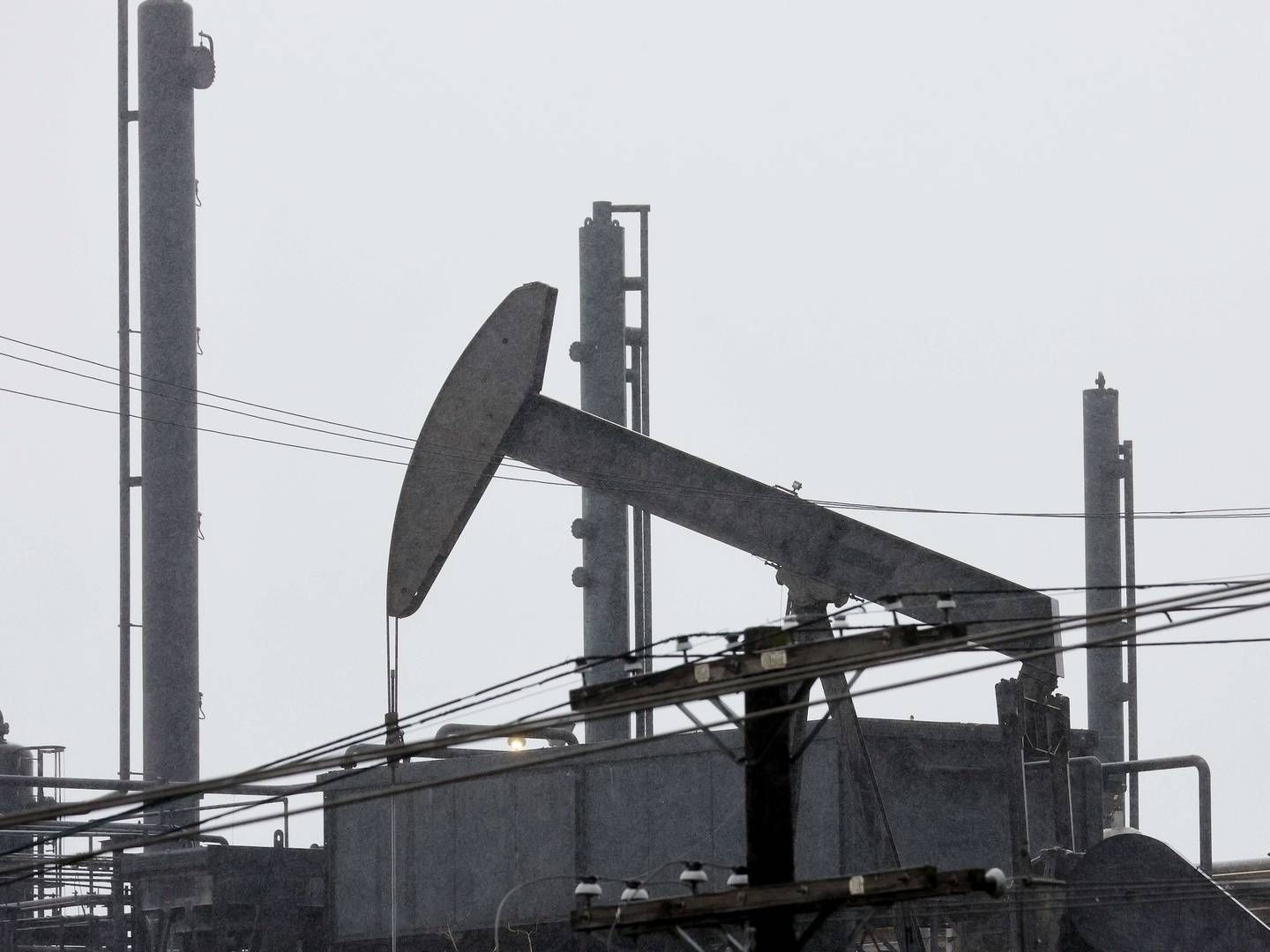

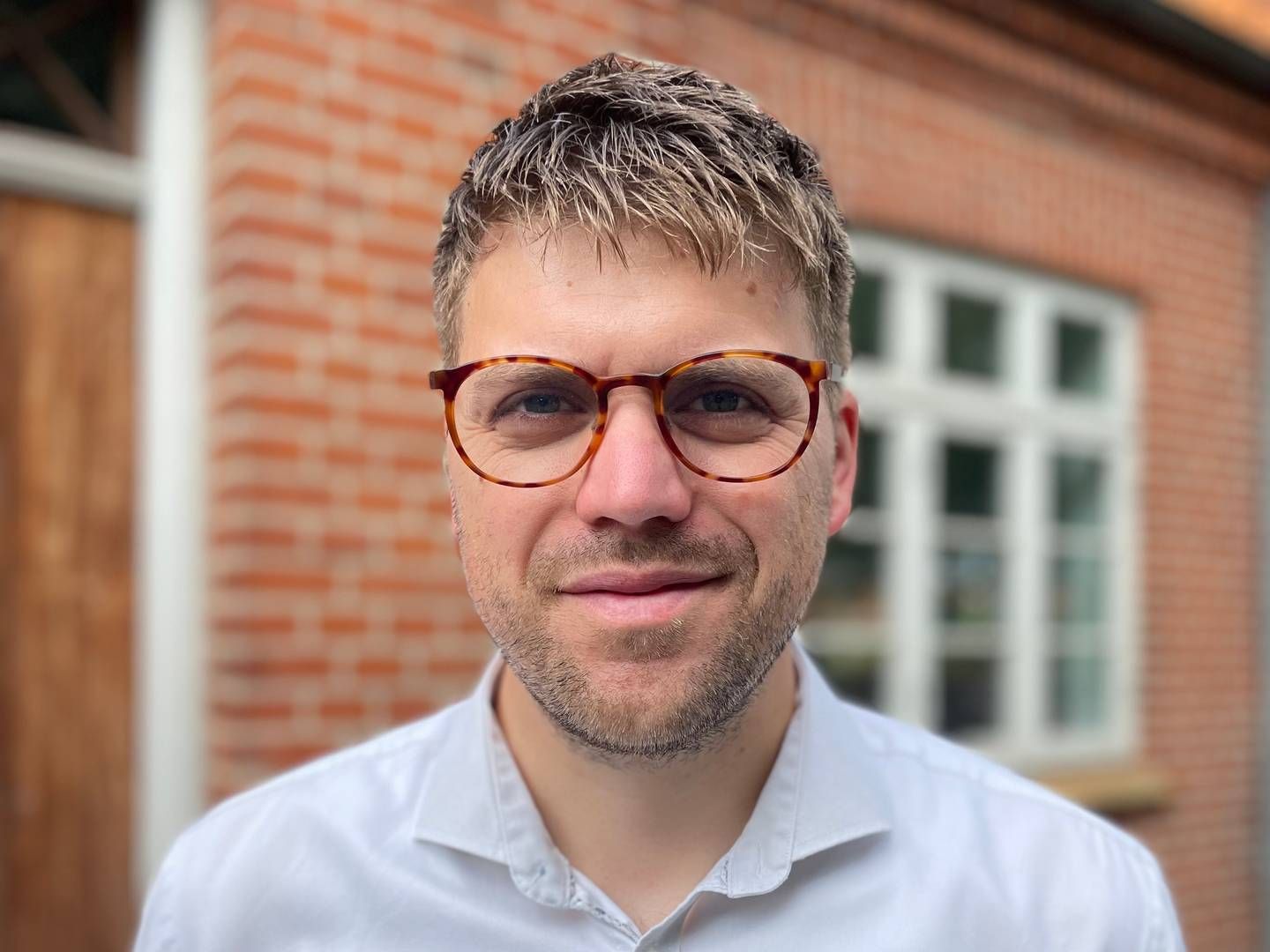
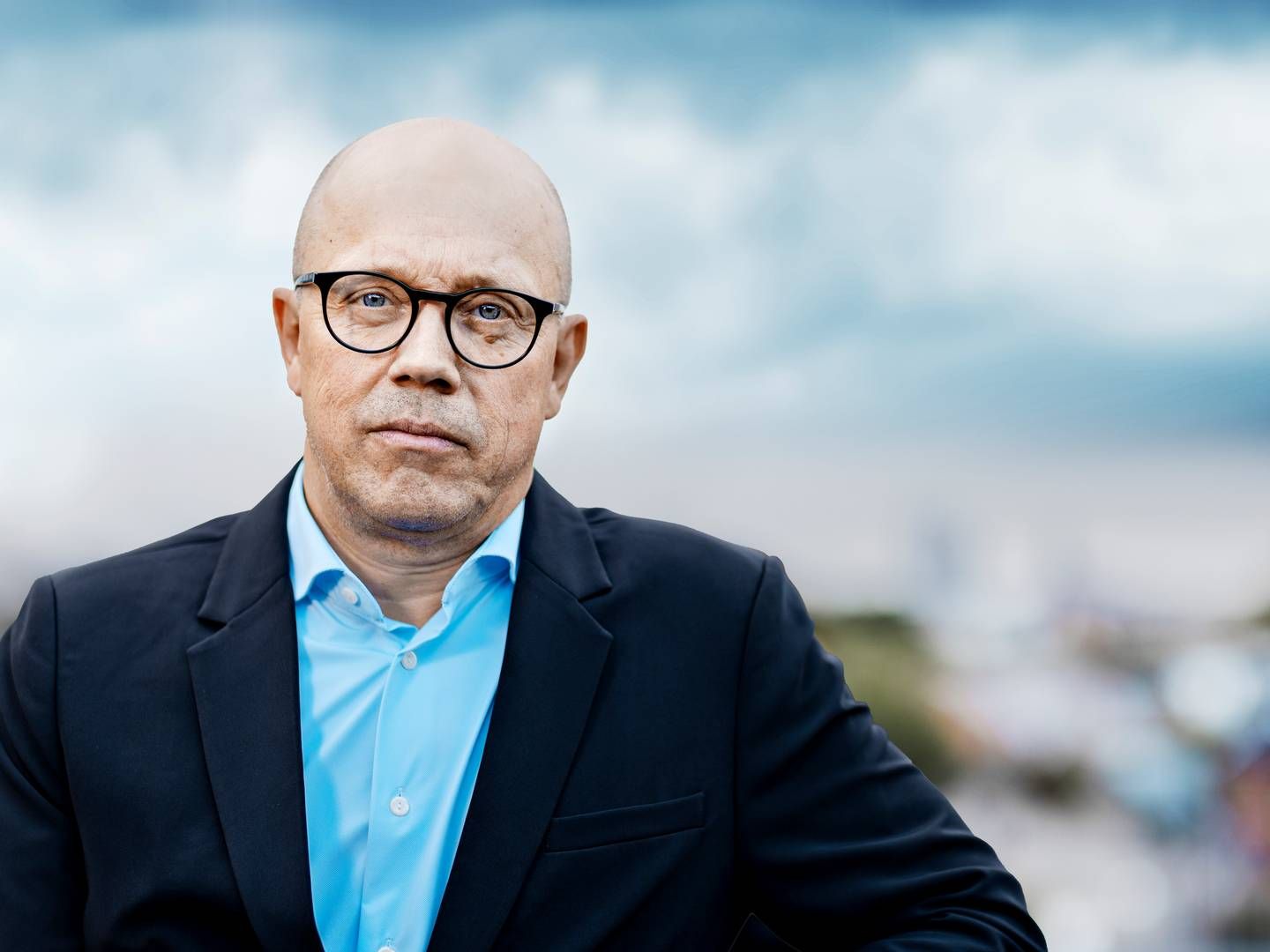



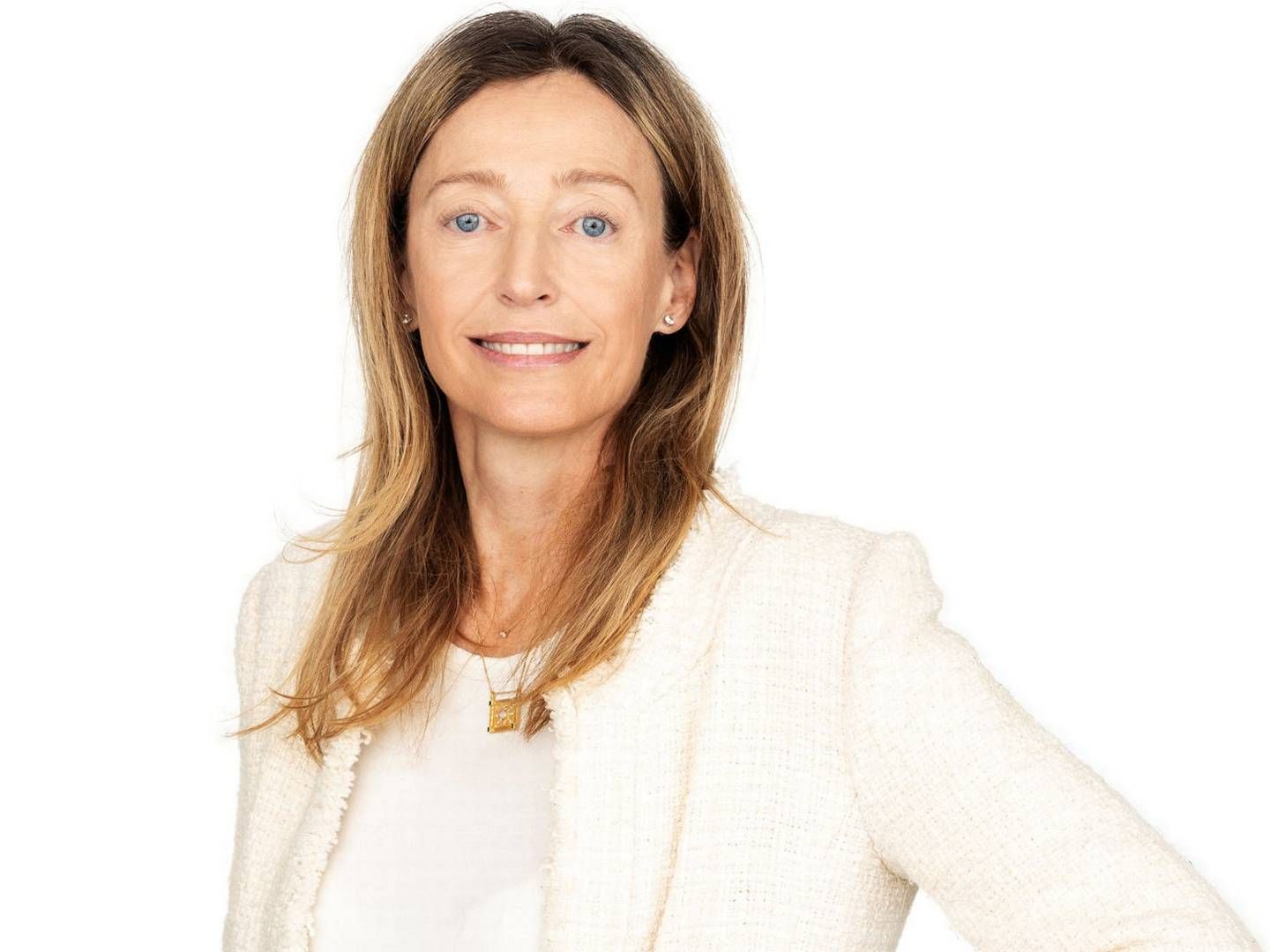

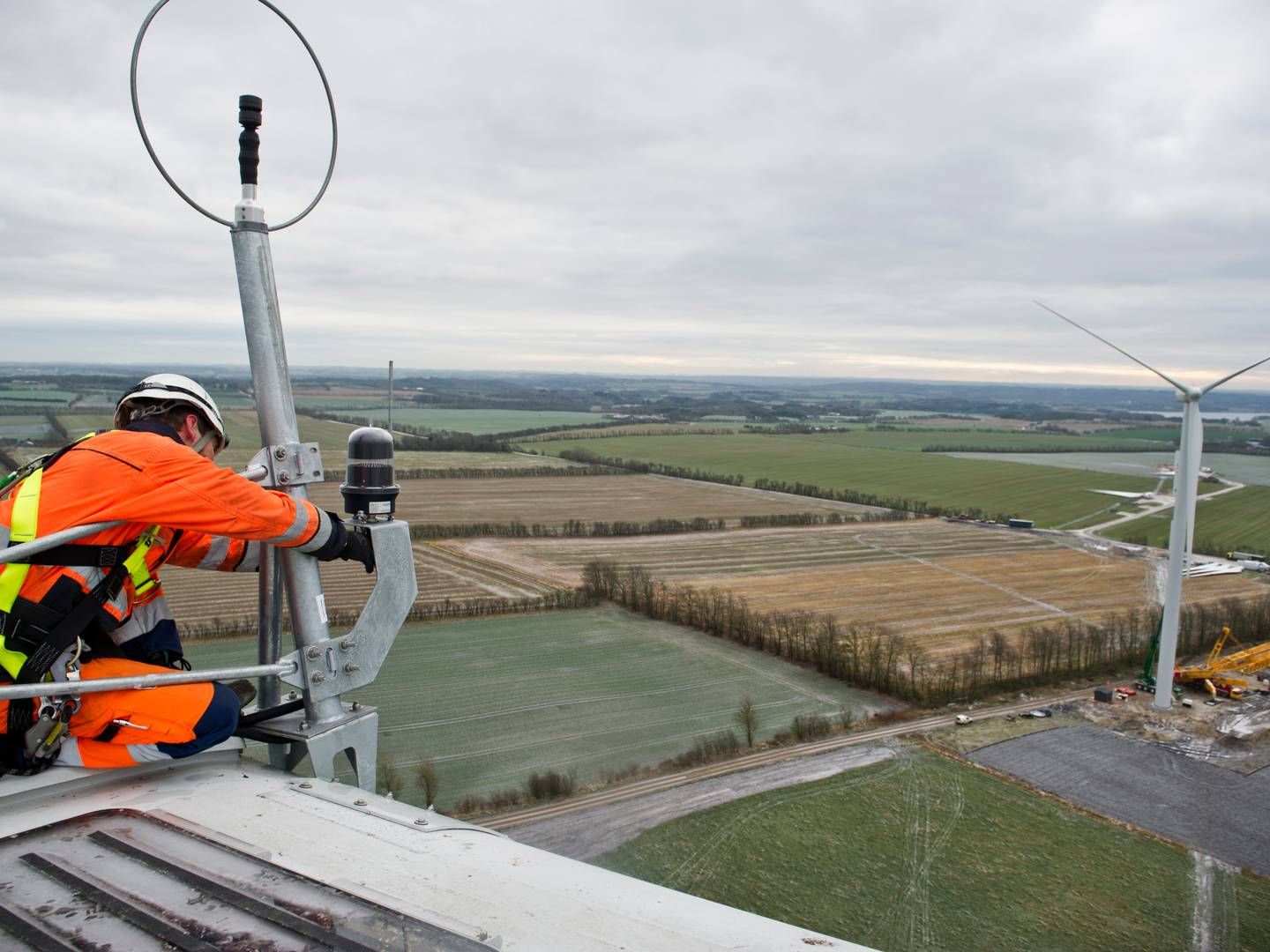
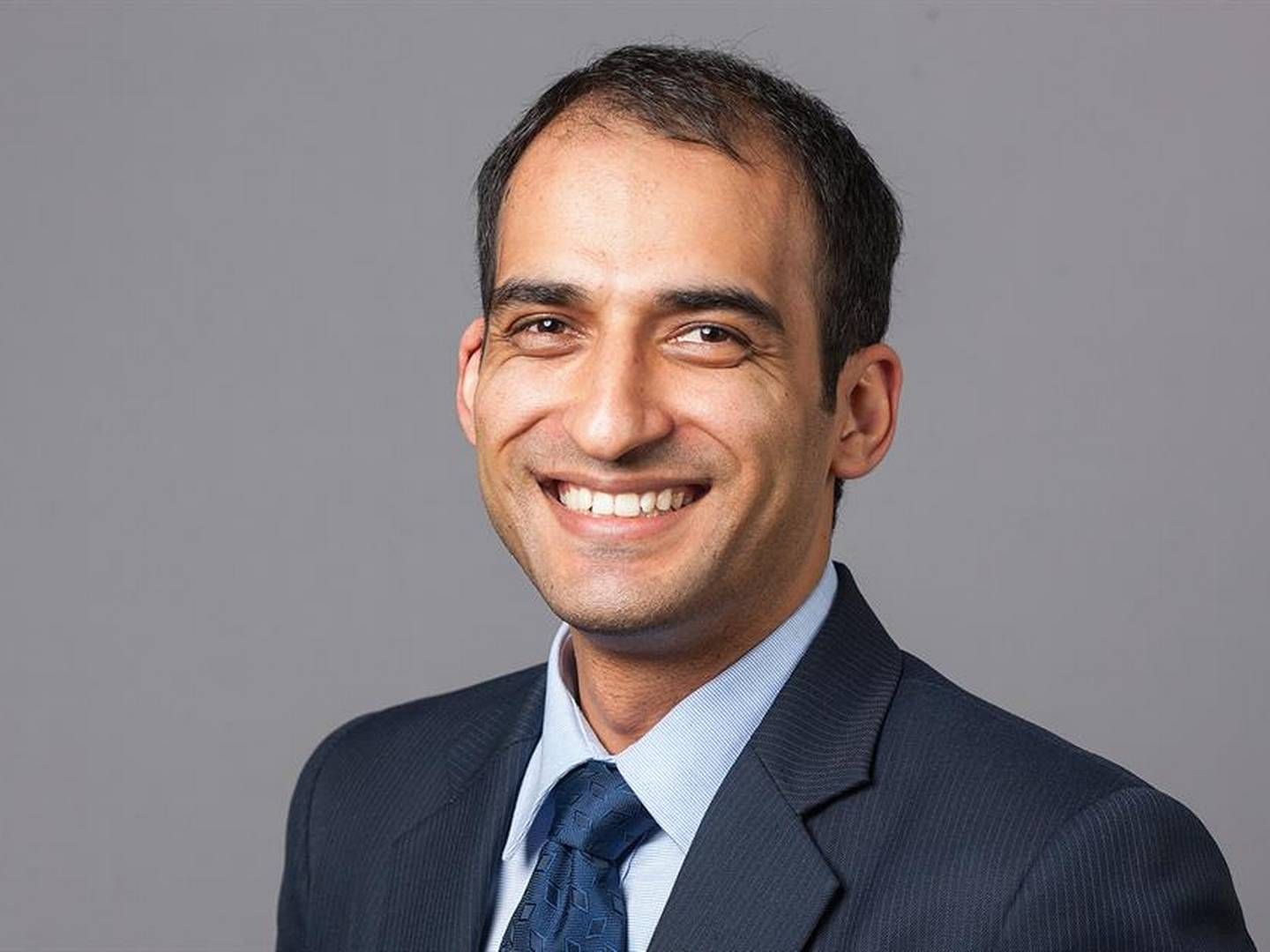


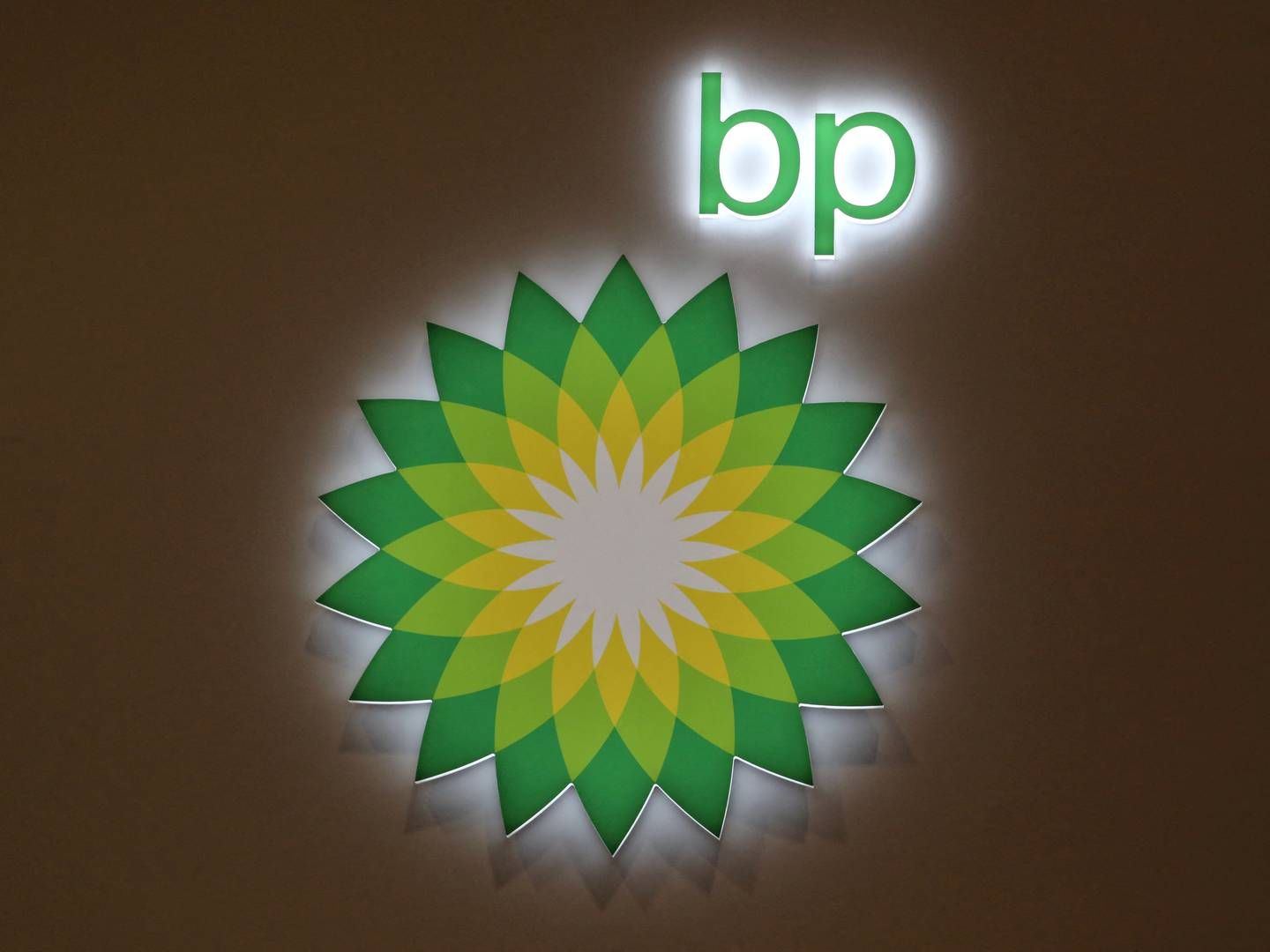
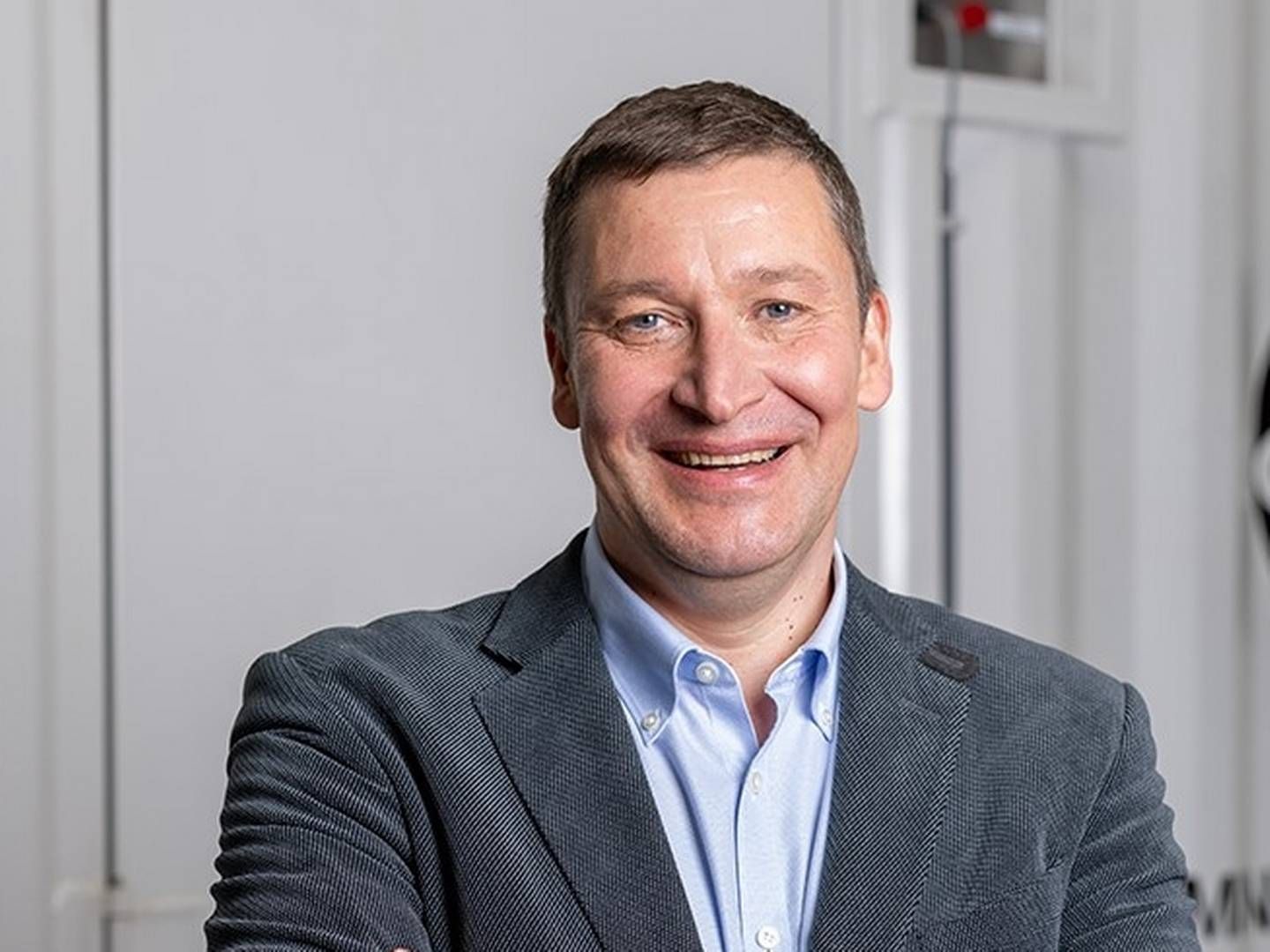
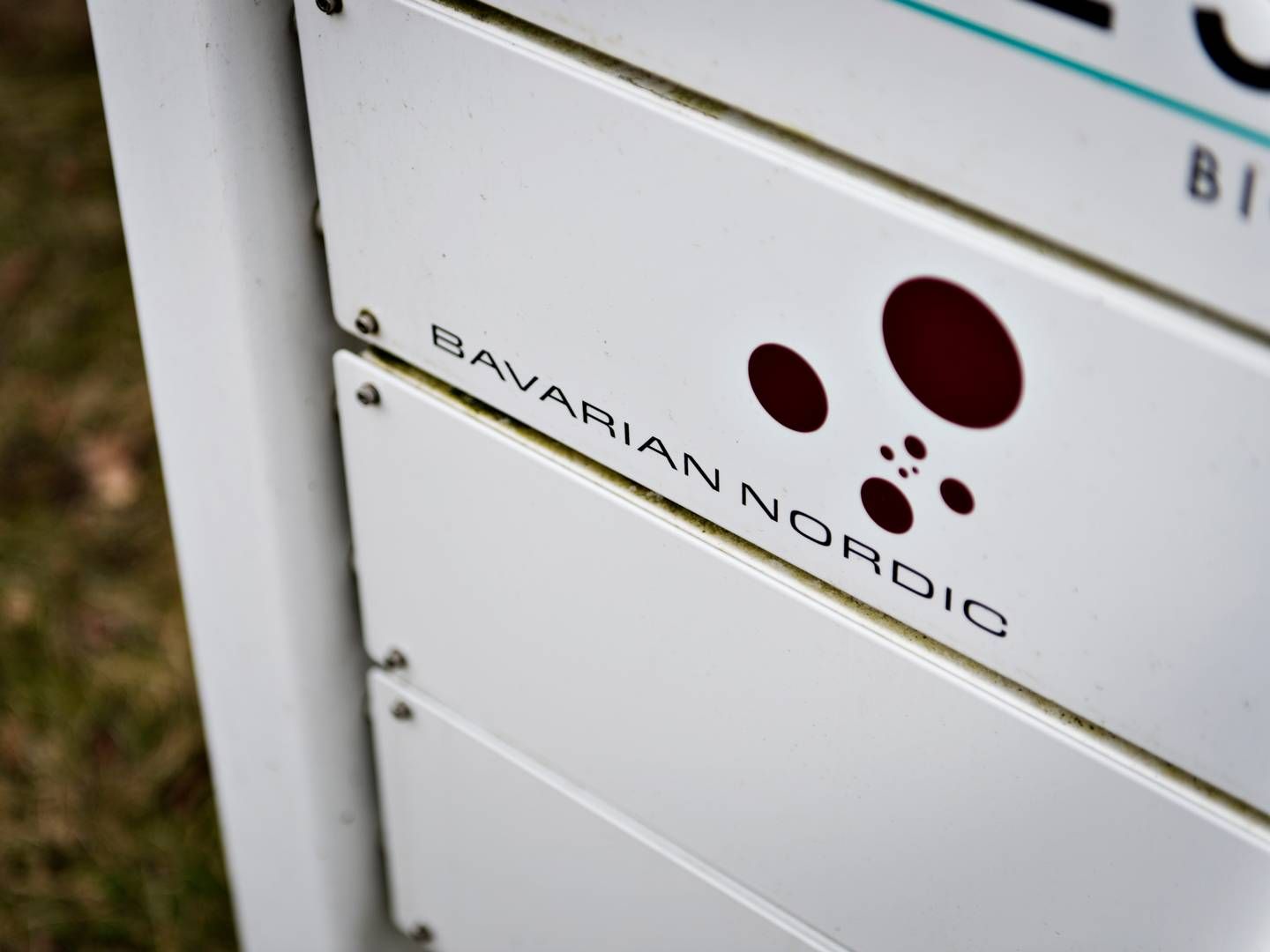


.jpg&w=384&q=75)



